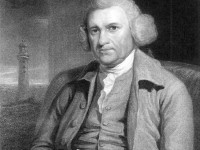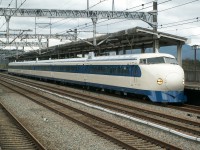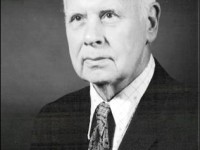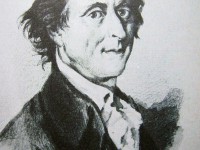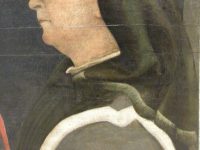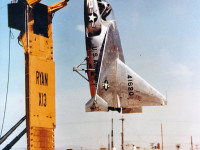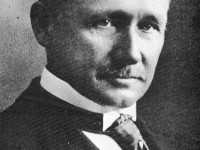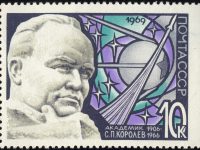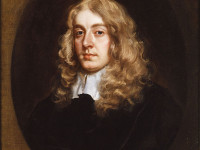John Smeaton – the Father of Civil Engineering
On June 8, 1729, English civil engineer John Smeaton was born. Smeaton actually is referred to having coined the term “civil engineering” to distinguish from military engineers. He was esponsible for the design of bridges, canals, harbours and lighthouses. He was also a capable mechanical engineer and an eminent physicist. John Smeaton’s Way to Civil Engineering John Smeaton was born at Austhorpe Lodge in the parish of Whitkirk, four miles east of…
Read more

